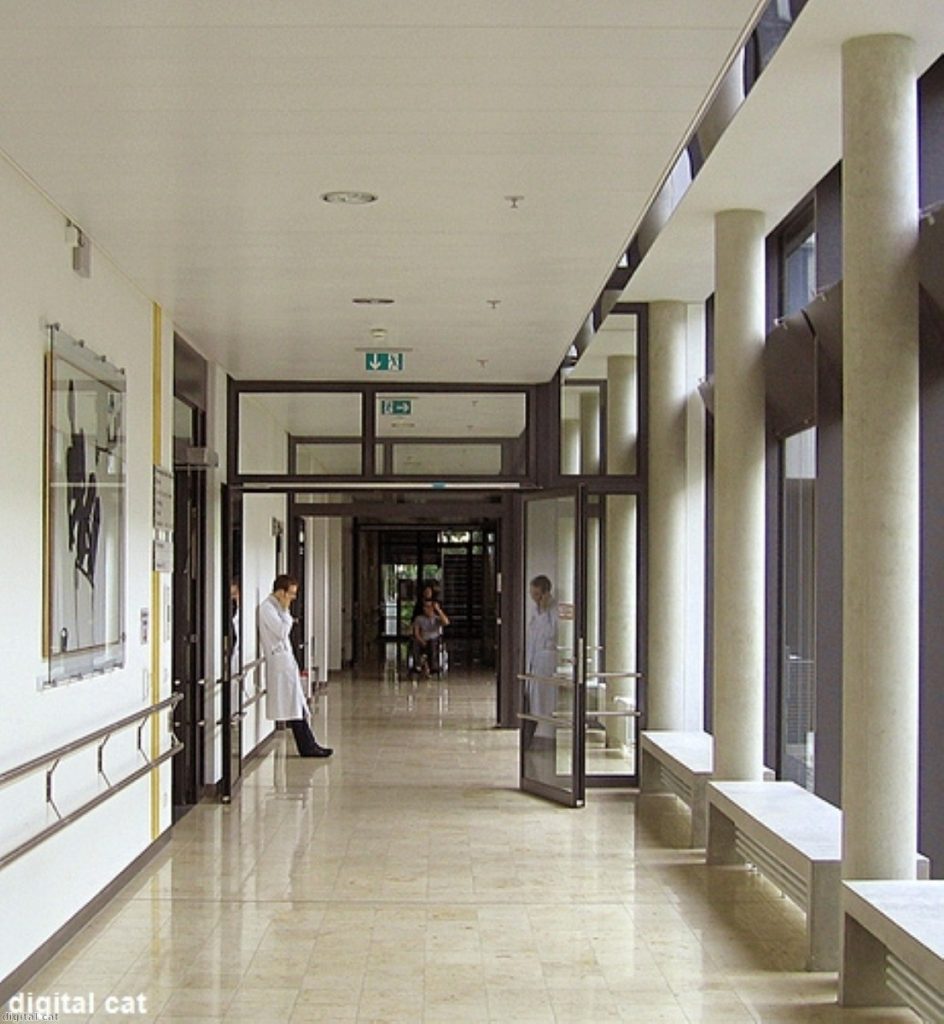NHS reforms defended as critics circle
David Cameron has refused to bow to the “vested interests” of those opposed to his public services reform agenda.
The prime minister said he would not repeat Tony Blair’s mistake of allowing opponents to water down his reforms as he sought to achieve change in the NHS.
“We’re not held back,” he insisted, contrasting his approach with the “tentative” Mr Blair in a question and answer session after making a major speech on public services reform.


Opposition to plans to replace primary care trusts with GP consortia, which will be handed responsibility for commissioning the great majority of NHS services for their patients, has focused on objections to the market dynamic which ministers hope to create.
A letter to the Times newspaper from the heads of the six biggest health unions, including the British Medical Association and the Royal College of Nursing, warned that the changes were “potentially disastrous”.
“There is clear evidence that price competition in healthcare is damaging,” the letter stated.
Mr Cameron said in central London: “The people whose eyes were rolling were the people who had heard plans for reform but had not actually seen those reforms put in place and changes really happen.
“To doctors and nurses who don’t want to see pointless reorganisations of the past, I would say that is not what we’re doing.”
Mr Cameron and health secretary Andrew Lansley gave interviews this morning in which they defended their proposed reforms.
“I don’t think there is an option of quietly standing still, staying where we are and putting some more money into the NHS,” the prime minister told the Today programme.
“We have to make some fundamental changes.”
Mr Lansley revealed GPs covering over half of England had already signed up to the coalition’s GP consortia plans.
He suggested a “big gap” existed between the opposition of the major health unions and the reality “on the ground”, where GP consortia, foundation trusts, hospital trusts, local authorities and voluntary organisations were “getting together”.
“They’re putting in place what is a more locally led, more responsive, much more patient-focused approach to NHS care instead of management,” Mr Lansley told the BBC.
“What we have to do is get out of this idea that the whole of the NHS can be best managed from a top-down centralised bureaucratic system. We have to move to something which is more clinically led, with clinical leadership, with patients enjoying greater control themselves.”
Shadow health secretary John Healey jumped on comments from Mr Cameron in his Today programme interview that “I don’t think we should put up with a second rate… with being second best”.
He called them an “insult to millions of NHS staff” and claimed the prime minister had broken his personal pledge to protect the NHS.
“The more NHS staff organisations see of the Tory-led government’s plans, the harder they find it to say something in support,” Mr Healey commented.
“The general aims are sound but more patient involvement and clinical control of commissioning can be achieved by the evolution of Labour’s reforms, not Andrew Lansley’s revolution of NHS internal organisation.”
But Mr Cameron continued his defence with a broadbrush speech on public service reform.
He argued the case for avoiding “delay” in implementing reforms and insisted they “aren’t about theory or ideology – they are about people’s lives”.

